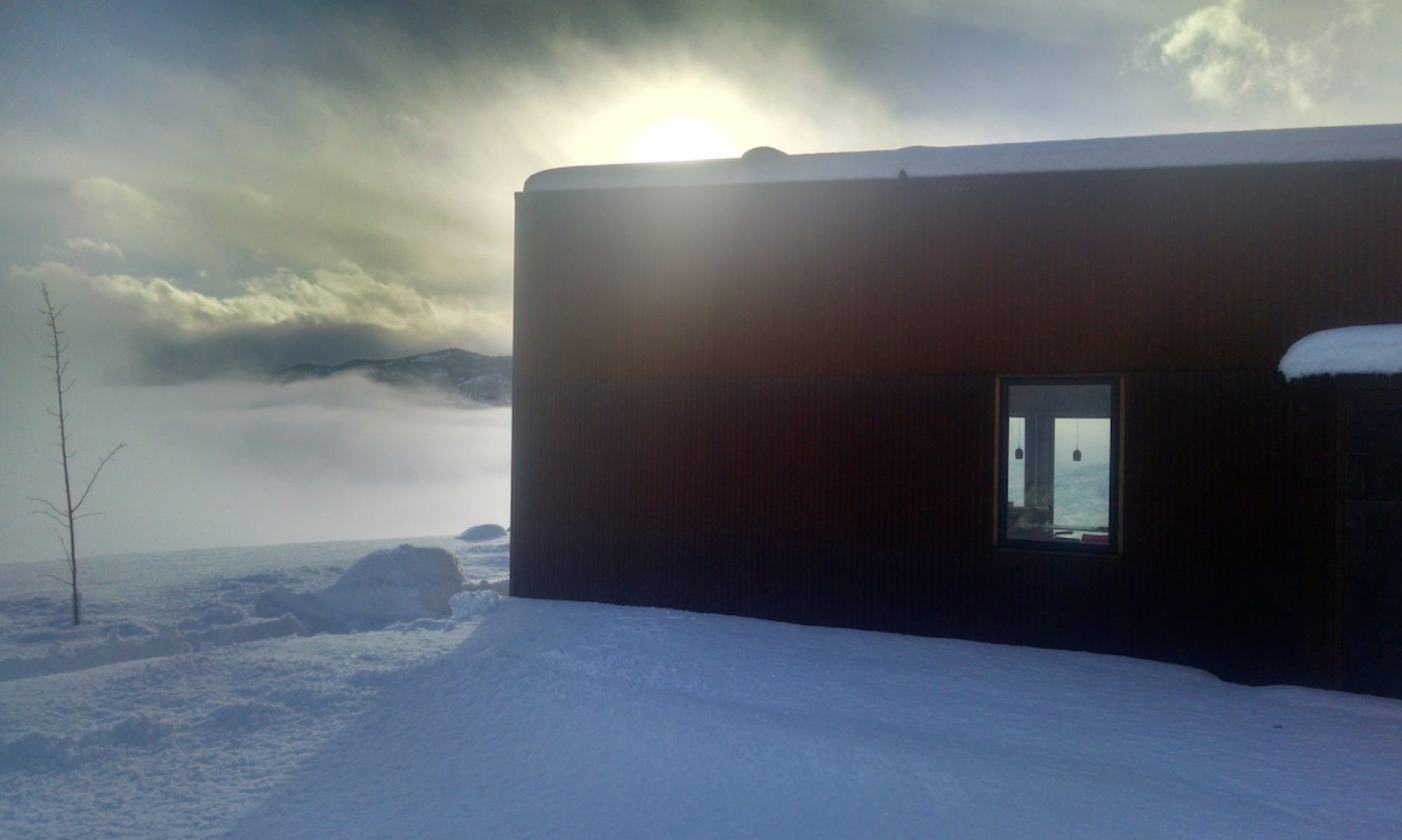Summary: In grad school a small group of friends would often debate “Nature versus Nurture” over beers. Thing is, I could never remember which side I wanted to defend and so had to make my arguments “flexible”. The Sports Gene: Inside the Science of Extraordinary Athletic Performance by David Epstein feels like that argument restricted to the world of extreme athletic ability. Epstein wants to understand what makes elite athletes and what role genetics plays in these extraordinary athletes. How much does practice matter (are there naturals)? Are there specific genes that one can point to or is it a confluence of multiple genes or does genetics play no role? More difficult, what about regional effects like certain Kenyans being amazing long distance runners? Epstein romps through a large number of sports trying to flexibly suss out the answer to the role of genetics in athletics.
Rating: Worth your time if you like sports. Causality is difficult in this field, and at times Epstein drops back on a data machine gun with anecdotal grenades (those this data and these anecdotes are mostly interesting.) At other times he is careful to not push the causality bar too far. Even in cases like the distinction between woman and men in sports convincing evidence is surprising hard to come by. Discussion of the variance of the 10,000 hour rule was my favorite part (along with observations about why baseball hitters are good: hint it is not reaction time!)
Speculation: Thinking about the difficulty of experiments in this field: will there someday be advertisements in magazines “Couples: Participate in a Study Identifying Genes for Long Distance Running?”



















